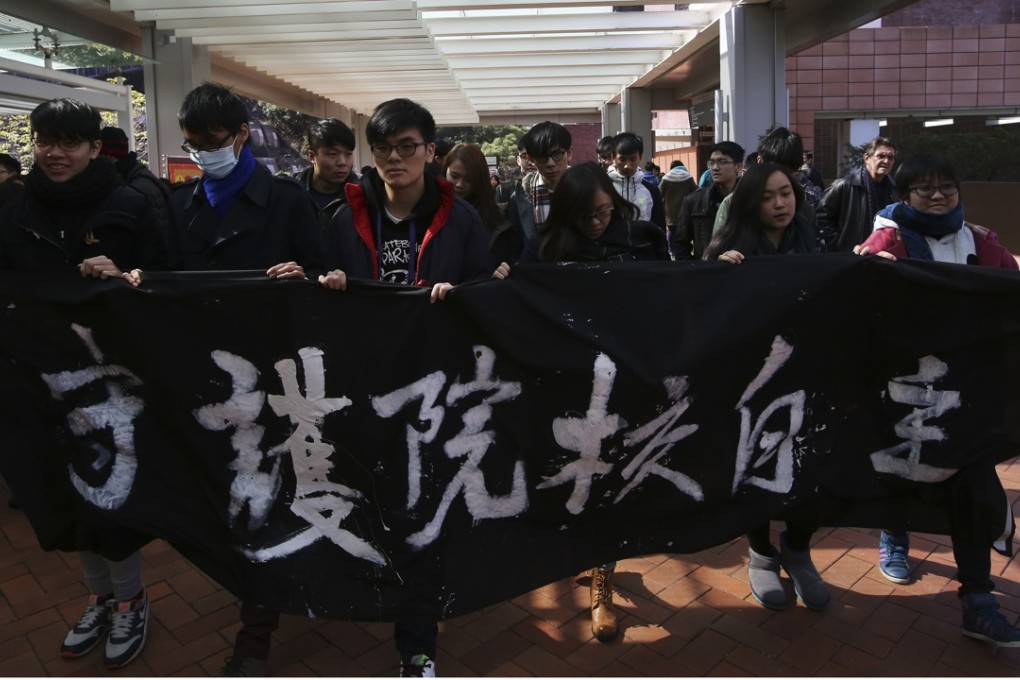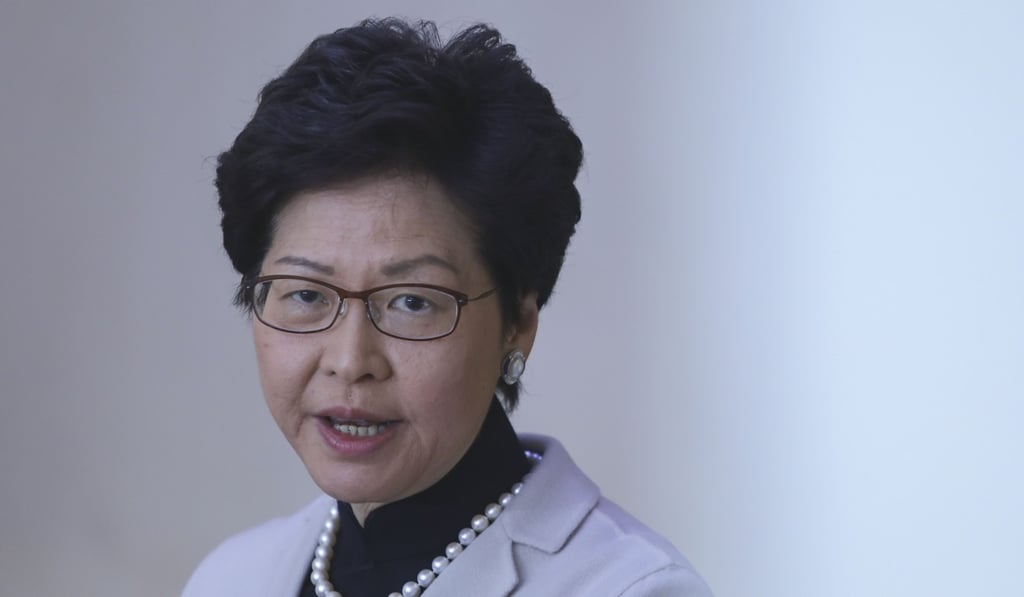Hong Kong leader’s role as university chancellor must end to protect academic freedom
Kevin Carrico says though academic freedom is alive and well in Hong Kong, it is under constant threat, especially in the aftermath of the Occupy protests in 2014. For a start, it’s time to abolish the colonial practice of naming the city’s leader as the chancellor of its universities

Pro-establishment figures in Hong Kong, dismissing students’ growing political activism in recent years, claim that universities have become “too politicised”. This is true, but not in the sense that these figures claim. Universities in Hong Kong have become too politicised because they are being directly influenced by agents primarily accountable to the chief executive, who is in turn primarily accountable to Beijing, a violator of academic freedoms.

In colonial times, the colony’s governor was named chancellor of universities. While the current practice of naming the chief executive as chancellor is thus based on a long-standing tradition, there are important distinctions in its implementation before and after the handover to China in 1997.